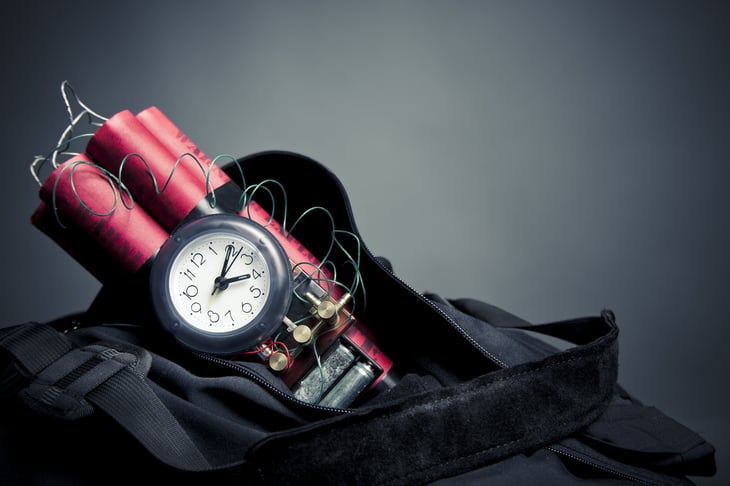If you have a home or car, you need insurance. Yet, chances are good that you’re spending a lot of money on such coverage each month. And in all that fine print, there are likely exceptions and exclusions to that coverage that might surprise you.
Do you really know what your polices cover? Here’s a little quiz to test your knowledge:
What if your $50,000 stamp collection goes up in flames with your house?

The collection is unlikely to be covered unless your homeowners insurance policy has a rider specifically for it. Even then, your insurance company may not pay the whole amount.
Insurance company Travelers notes that standard homeowners policies may restrict payouts for valuable items, which can include:
- Antiques
- Jewelry
- Furs
- Firearms
- Silverware
Some policies may also limit coverage for the contents of your home to a certain percentage of the home’s value.
You should be able to buy a rider for high-value items. Unfortunately, even these riders can have limitations, such as covering only up to $10,000 per item, for example. If you can’t get enough coverage through your homeowners plan, you may want to take out a separate policy specifically for your valuables.
What if terrorists bomb your house?

Your loss should be covered — but only if the U.S. isn’t at war.
The Insurance Information Institute explains:
Standard homeowners policies don’t specifically reference terrorism but, as your home insurance covers damage to property and personal possessions due to explosion, fire and smoke, acts of terrorism are generally covered.
Personal and commercial insurance policies have long-standing exclusions for war as well as nuclear, biological, chemical and radiological attacks, according to the institute. This is because damage from acts of war and the aforementioned types of attacks “are fundamentally uninsurable,” the institute says.
Other common exclusions on standard homeowners policies include damage from earthquakes, flooding and mold. To learn more, check out “Floods, Wildfires and Earthquakes: Are You Covered?”
What if your kid’s computer is stolen at college?

Your homeowners insurance policy should cover your child’s belongings if he or she is a full-time students living in a dorm.
Part-time students or those living in off-campus housing may need to get their own coverage, however. Check with your insurance company for the particulars of your policy, including policy limits, as we detail in “How to Insure Your College Student.”
What if someone puts sugar in your gas tank and ruins the engine?

Your auto insurance company should pay out the claim — buy only if you have comprehensive coverage. Many comprehensive policies cover vandalism such as graffiti, key damage and, yes, even sugar in the gas tank.
Don’t forget that even if your policy covers the damage, your deductible will still apply to vandalism claims.
Tell us your insurance story in the comments below or on our Facebook page.




Add a Comment
Our Policy: We welcome relevant and respectful comments in order to foster healthy and informative discussions. All other comments may be removed. Comments with links are automatically held for moderation.